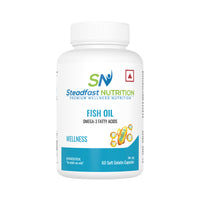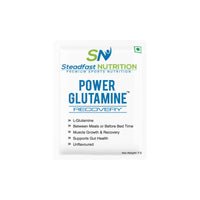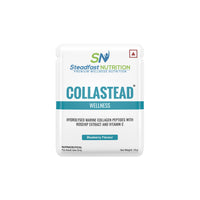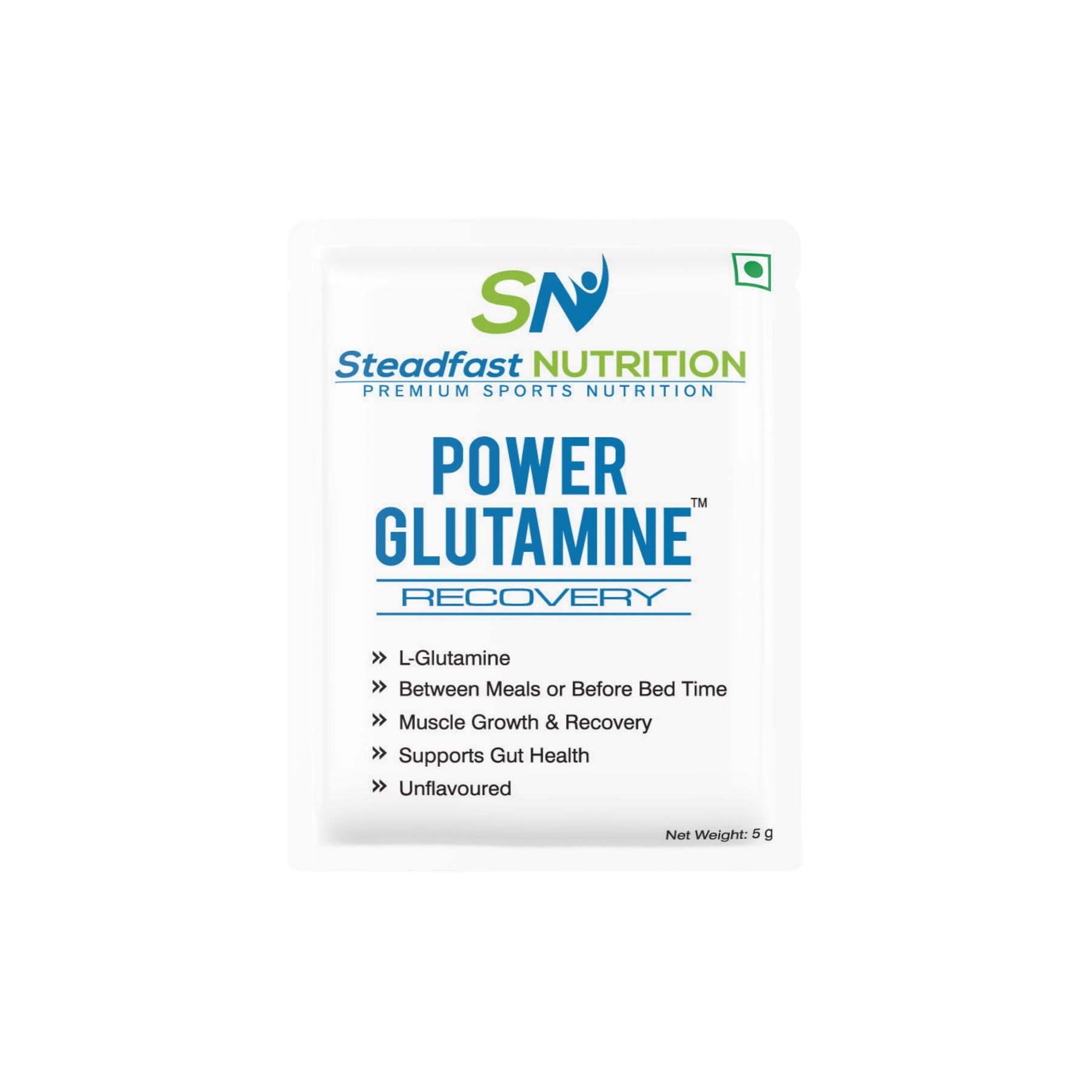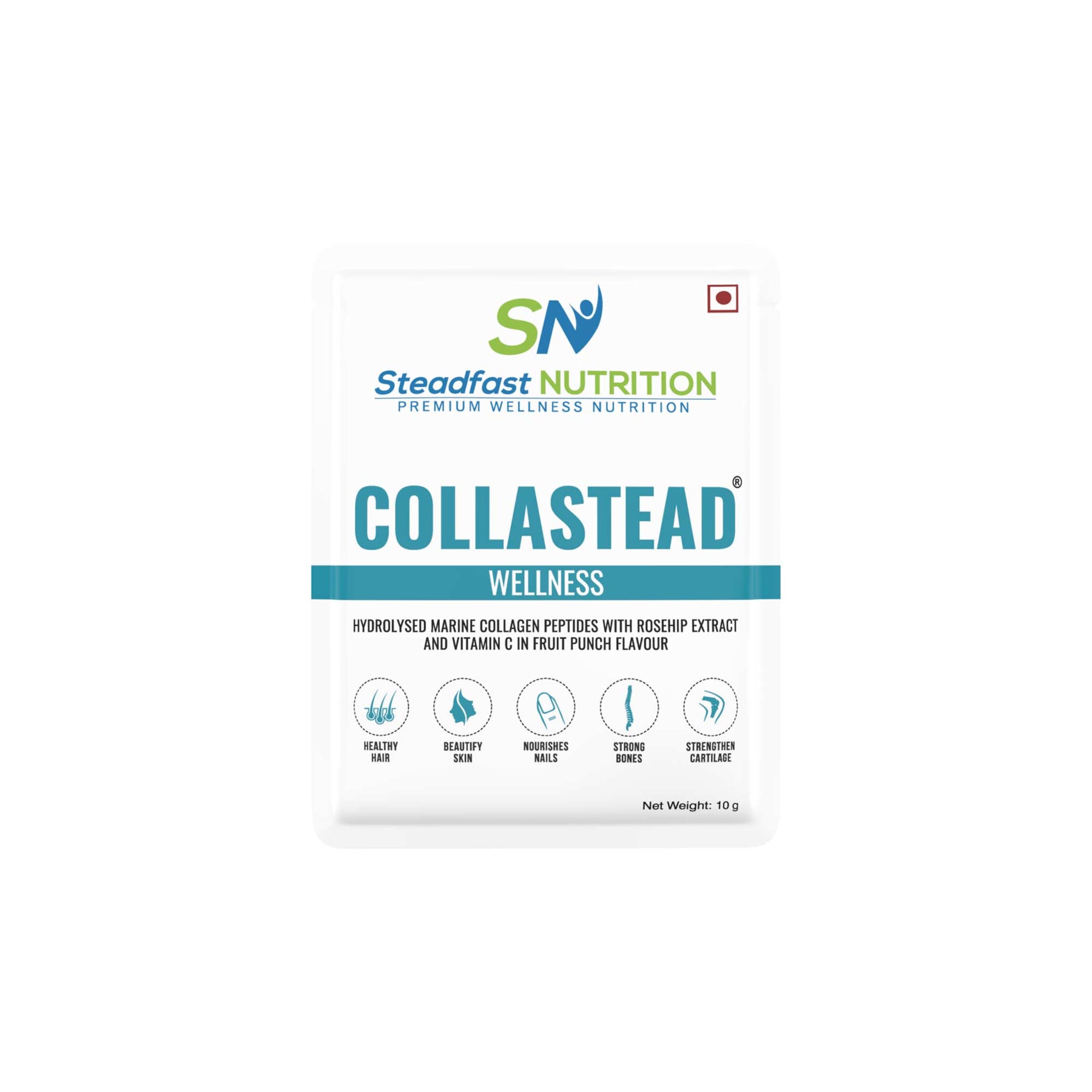If you are an athlete and are going through productive training sessions, and all of a sudden, you have an injury, well, firstly, the easiest method to hasten your recovery from sports-related injuries is to schedule a consultation with a skilled orthopaedic specialist. They are skilled professionals and will initiate your treatment and provide an accurate diagnosis. They will also lead you through the proper stretches and exercises crucial to your injury recovery.
However, along with medications, stretches, and therapies, a healthy diet is equally essential for recuperating from injury or trauma. It is imperative to know that food does more than just fulfilling your energy requirements - it also battles inflammation, which is a big part of how an injury heals. Your diet plays a major role in your recuperation process by supporting the mending of damaged tissue and rebuilding bones and muscles. Knowing how your diet affects your healing might be beneficial if you're hurt or have chronic discomfort.
How can diet and supplements help in injury recovery?
A research study published by the NCBI in 2020 states it’s critical to have a healthy diet while healing from an injury. Rehabilitation nutrition for recovering athletes is similar to standard sports nutrition, but emphasises more on avoiding issues such as muscle loss, vitamin deficiency, and swallowing difficulties. Rehabilitation nutrition is also about ensuring that athletes maintain long-term health through proper nutrition and improve their performance by integrating training with a nutritious diet.
The right diet greatly influences recovery from injuries by providing special opportunities to aid the body's healing processes. Diets high in collagen or supplements help repair damaged tissues, such as tendons and ligaments. The synthesis of collagen, essential for the healing of connective tissues, is supported by concentrating on particular micronutrients, including copper, zinc, and vitamin C. Focussing on anti-inflammatory foods, such as omega-3 fatty acids, ginger, and turmeric, lowers inflammation and speeds up the healing process. Drinking enough water is crucial because it promotes the body's natural healing processes and aids in the removal of waste from damaged tissues.
Foods like papaya and pineapple include proteolytic enzymes, which help with tissue healing and inflammation reduction. A critical component of effective healing is stress management, which can be achieved by incorporating adaptogenic herbs like ashwagandha. In addition, a well-balanced diet high in fibre and probiotics helps maintain gut health by boosting immunity to promote quicker healing. Together, these many dietary components form a holistic strategy for promoting and hastening the healing process following an accident.
Furthermore, It is essential to consume enough healing foods and liquids to maximise athletic performance and speed up recovery. The metabolism, energy production, haemoglobin synthesis, maintenance of lean muscle and bone mass, immune system support, general health promotion, and protection against oxidative stress are all significantly impacted by macro and micronutrients.
Protein in Injury recovery
A 2020 research study published by the NCBI states that dietary goals while recovering from an injury should include getting over the body's reluctance to gain muscle and ensuring that protein maintains muscle without adding to body fat. Research indicates milk proteins can enhance muscle strength and body composition, particularly following strength training. Preserving muscular mass is associated with higher protein intake. Furthermore, when overall protein intake is low, the body finds it difficult to convert excess protein to fat.
The research study also concludes that eating adequate protein is crucial for the body to heal after an injury. However, you should consider the type of protein you consume, such as fast- or slow-digesting protein. Moreover, other essential nutrients with protein can help in the recovery process.
If you are someone, who finds it difficult to fulfil your protein requirement through foods, you can consider Steadfast Nutrition’s recovery range. It includes premium protein supplements with quality ingredients and amazing results and can help you route through a healthy injury recovery.
Carbohydrates in Injury Recovery
Carbohydrates are another essential macronutrient for injury rehabilitation. It becomes crucial to consume carbs soon after engaging in strenuous or lengthy exercise when beginning the rehabilitation process following an injury. Carbohydrates are essential to replenish muscle glycogen, provide energy to muscles so they can be worked out again, and facilitate muscle repair.
Furthermore, carbs help avoid damage. Carbohydrates reduce stress hormones, help maintain blood glucose levels, and reduce the chance of injury before and during prolonged exercise sessions.
Carbohydrates are the body's primary fuel source and are essential for supplying the energy needed for healing. Complex carbohydrates are essential healing food and can be obtained from whole wheat bread, pasta, brown rice, quinoa, and lentils.
The 2020 NCBI research study, clarifies, however, that more research is needed to understand how carbohydrates contribute to the recovery phase after an injury. The benefits of fatty acids and carbohydrates in relation to protein intake are not well-established. However, it is recommended that athletes recover from injuries with a well-rounded diet that includes adequate amounts of proteins, carbs, antioxidants, and moderate fats.
Good fats (Omega-3 fatty acids) in Injury Recovery
A class of lipids called omega-3 fatty acids is well-known for its capacity to prevent disease and provide anti-inflammatory effects. The NCBI study indicates that for individuals of all ages, the regulation of muscle protein synthesis is influenced by omega-3 fatty acids (readily found in fish oil). Over time, consuming approximately 4 grams of omega-3 fatty acids daily can enhance the body's reaction to amino acids by increasing the sensitivity of the molecular signalling pathways. These results suggest that omega-3 fatty acids from fish oil may also help injured athletes. Buy omega 3 capsules online. However, the evidence is weaker and less reliable than it is for protein intake.
Maintaining a balanced diet with carbohydrates, proteins, and other vital components is crucial when eating fatty acids. The doses should be tailored to meet the needs of the injured athlete, taking appropriate dosages and other pertinent variables into account.
Considering Steadfast Nutrition’s Fish Oil can be a blessing if you are on the hunt to find a fish oil supplement from a premium brand!
Other Supplements that can aid in Injury Recovery
The below-mentioned products can also aid in injury recovery along with healing foods, medications, therapies, and other procedures suggested by medical practitioners.
- Steadfast Nutrition’s Power Glutamine: L-glutamine supplements have been demonstrated to hasten muscle repair and lessen discomfort after strenuous exercise. L-glutamine’s anti-inflammatory qualities aid in pain relief and reduce muscle tightness. If it comes from a premium sports nutrition and wellness brand like Steadfast, it’s like a cherry on the top!
- Steadfast Nutrition’s CollaStead: Steadfast’s CollaStead contains rosehip extract, which has strong anti-inflammatory properties and glycine, which inhibits the activation of inflammatory cytokines, lessening pain and discomfort.
Key Takeaway: 7 Diet Tips for Injury Recovery
- Give protein top priority for healing and tissue regeneration
- Hydrate thoroughly to promote healing and tissue regeneration
- Incorporate healing carbohydrates for energy and muscle resupply
- Use meals that reduce inflammation to reduce muscle soreness
- Don't underestimate the importance of healthy fats for tissue regeneration and inflammation management.
- Make sure you get enough vitamins and minerals to support immunity
- Keep an eye on your caloric intake to promote healing without gaining too much weight


